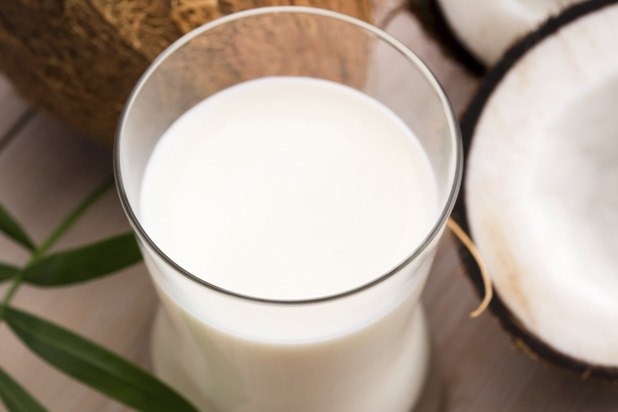8 Health Benefits Of Milk (Slideshow)
Does milk really do the body good? The answer is yes.
It Can Help Reduce Signs of Aging
Dr. Israel Diarte Arellano, MD and specialist of maternal and prenatal health, says that milk can help us look younger, since "the proteins, vitamins, and antioxidants present in milk can help repair the skin... and help slow signs of age on the skin."
It Can Help Alleviate PMS Symptoms
Multiple studies have shown that consuming four servings of low-fat dairy products a day can help reduce symptoms of premenstrual syndrome.
It Can Help You Lose Weight
Registered dietician and founder of 2YourHealth.com Carla Spencer supports drinking milk at recommended levels or even higher. She states that "individuals who are trying to lose weight and maintain that weight loss are more successful across time due to the effect of vitamin D and calcium."
It Can Reduce the Risk of Cardiovascular Disease
Drinking low-fat milk and other dairy products contributes to lower cholesterol, lower blood pressure, and a reduced risk of cardiovascular disease in adults.
Certain Kinds of Milk Can Improve Brain Function
According to DesertFarms.com, milk can even make you smarter. Studies done at the University of California Irvine revealed that "both camel milk and goat milk have significantly more Gamma-Amino Butyric Acid (GABA), which is essential for helping the brain to function properly, than cow's milk or human milk."
Coconut Milk Can Help Regulate Blood Sugar
Coconut milk is rich in the mineral manganese. When there is a deficiency of manganese in the body, it can lead to poor glucose tolerance. Boosting manganese will help the body regulate blood sugar.
It May Aid in Stroke Prevention
A Japanese study in a 2009 issue of the Journal of the American Heart Association found that higher levels of calcium consumption reduced various forms of risk from stroke, especially calcium consumption in dairy form.
It May Reduce the Risk of Type-2 Diabetes.
A recent study found that low-fat dairy products may reduce the risk of diabetes, as they deliver high levels of vitamins and nutrients while maintaining a low glycemic index, which keeps blood glucose levels in a safe range.








